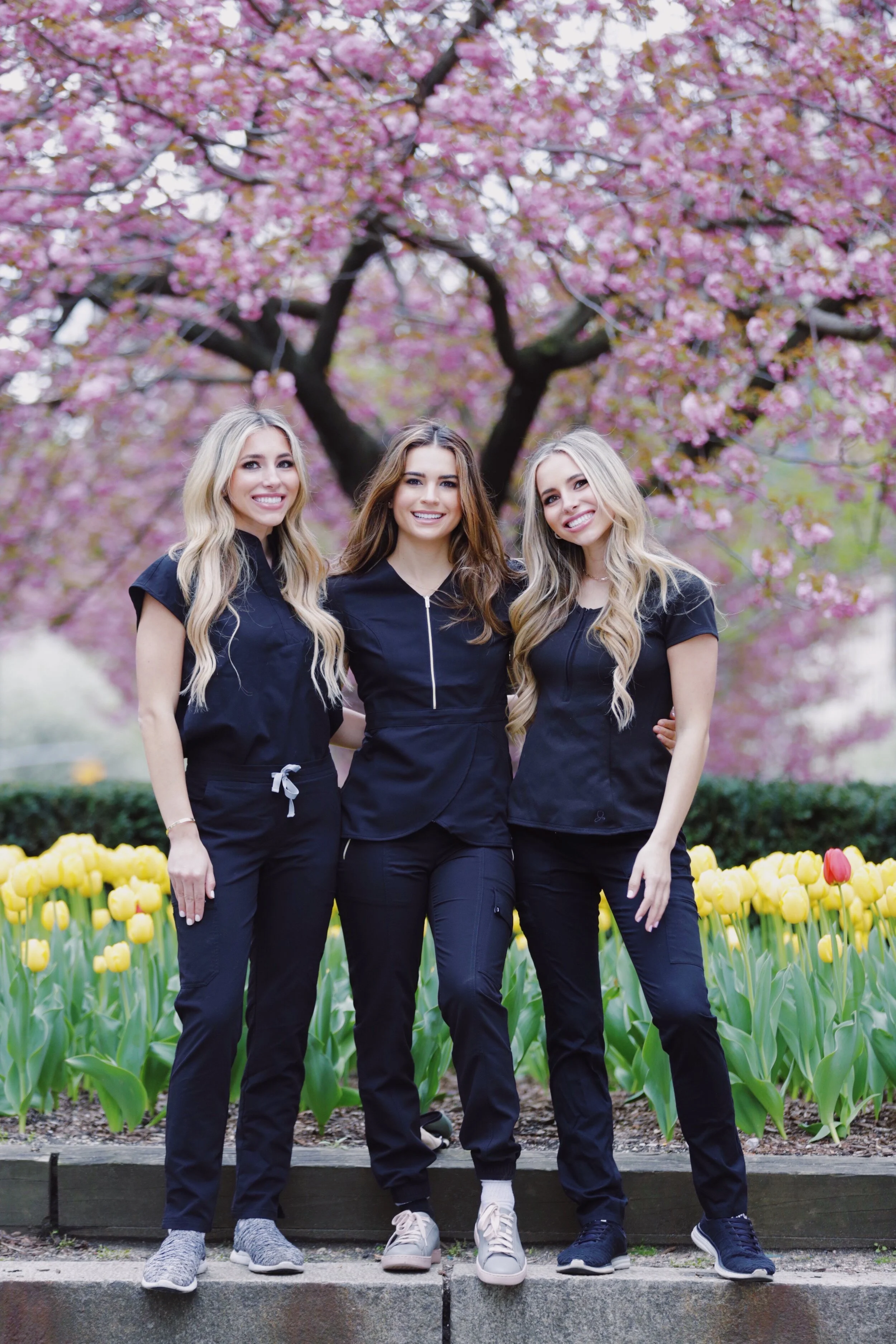Gap Year(s)
The path to medicine is not linear. Yet, essential components are woven into the medical school application, including clinical experiences, volunteering, conducting research, and earning good grades and test scores. By fulfilling these elements, you can make yourself a more competitive applicant for medical school and the journey ahead.
But what if you are someone who wants to strengthen your GPA? A reapplicant who wants to improve their chances for the upcoming cycle? Or someone who has changed career paths but still needs to fulfill your pre-requisite coursework? Or would like more research experience?
A Special Master’s Program, Post-Baccalaureate or a postgraduate Research position can be a way to advance yourself to your goals!
Special Master’s Program vs. Post-Baccalaureate vs Research Gap Year
All of these programs allow students to solidify their knowledge base in preparation for medical school. These programs will also enable students to improve time management skills, build better study habits and strategies, and efficient routines that will prepare them for the rigors of medical school. Both programs vary between 1-2 years in length, but some allow for flexibility in students’ schedules and obligations.
A Post-Baccalaureate program will directly adjust students’ undergraduate GPA by taking additional undergraduate sciences courses. This can be beneficial for students looking to boost their academic record or for those who need to fulfill their medical school pre-requisites. A Special Master’s Program will give students a separate master’s GPA and exposure to graduate biomedical science coursework. Some Special Master's Programs offer coursework aligned with the first year medical students. This can be a good option for students who are reapplying and want to improve their application or for students with lower GPAs who have completed the medical school pre-requisites. The benefit of the Special Master’s Program is writing a thesis that will allow students to solidify their research background. In the end, most post-bacc programs will award their students with a certificate of completion, while students in the Special Master’s Programs will earn a degree. Both programs also connect students to unique opportunities during their studies.
Different from this are research positions where the focus switches from GPA and course work to research training and publications. Some of these you can find by browsing online or through LinkedIn for research assistant or research technician positions. These are paid positions that will differ in their time commitment. On the other hand, a research program like the Postbaccalaureate Research Education Program (Marisol did this one), is a structured 1- or 2-year program that includes academic preparations like courses, workshops, seminars, and/or lectures. These programs are fully funded. Similar to the Special Master’s Program and Post-Baccalaureate this program will offer additional benefits to students such as MCAT prep, linkages agreements to other medical schools, a committee letter, and guidance through the application cycle.
Applying to a Program
Among the programs, there are general requirements that need to be fulfilled in the application. This includes:
Personal statements
MCAT, DAT, GRE, SAT/ACT. Some programs also make these standardized tests optional.
GPA greater than a 2.5 or 3.3 for others
Letters of Recommendation
Choosing a Program
Both programs provide students with the chance to gain additional clinical, volunteering, and research experiences. Consider what programs can cater to your needs and what you would hope to enhance in your application. Think of what professional school you would potentially like to go to and that should be your top choice institution for your gap year. Down the line, it is crucial to consider the costs of these programs. Although some are expensive, many of these programs offer financial aid and scholarships. Be sure to check out their program's websites on cost breakdown and financial aid assistance.
Closing Thoughts
As a student (Natalie) who has taken this path, it has allowed me to have a second chance and work hard towards something I am passionate about. Going through the courses was rigorous and intense but extremely rewarding. I feel more prepared than I have felt before for medical school. My study habits and routines have changed to allow me to reach academic success while achieving other personal goals. Programs like mine helped me continue to find my purpose and push me to be my best, so I can give my best to others.
Historically, gap years have been perceived by students as “scary”/ “failure” ~insert any other scary word~. I (Marisol) initially felt all these things. I was never intending to take a gap year until I was unable to lock in a May MCAT test date. To my surprise they filled up all spots in 2 hrs of releasing the test dates! So, I was forced to take my MCAT June of junior year, which as you all know, means I would not get my test results until July. I did not feel comfortable applying without an MCAT score (Congrats to all the brave souls out there who do) so I took a gap year. For my gap year I knew I did not want to take classes. I had a 4.0 GPA and felt I had spent so much time trying to keep that GPA that I did not really enjoy a lot of the aspects of research. Hence, I decided to do a research program. I wanted to get more electrophysiology experience, something that was not offered at my Undergraduate University, and I wanted to be at a reputable institution that could prepare me for the MD/PhD application. Taking the gap year was the best decision I ever made and I enjoyed every second of it!
It’s okay to take a gap year! Many people in medical school do not go straight from undergrad. Take a deep breath and find something you are passionate about and use your gap year to learn, grow, travel, and challenge yourself!


